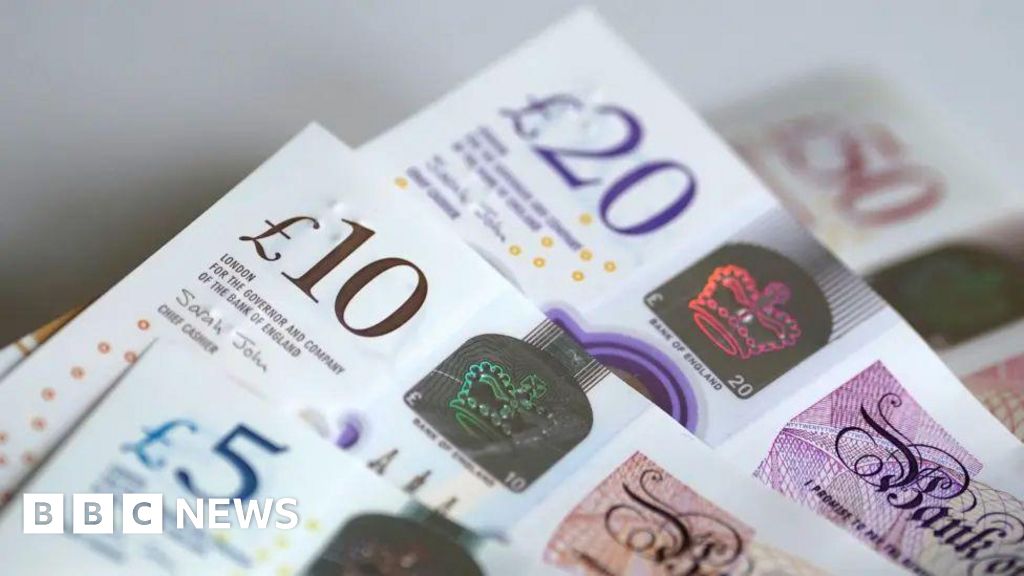A new artificial intelligence tool designed to crack down on fraud has helped the UK government recover almost £500m over the last year, the BBC can reveal.
More than a third of the money clawed back related to fraudulent activity during the Covid-19 pandemic, with other cash being recouped from unlawful council tax claims and illegal subletting of social housing.
The government will announce later today that a new AI tool which has helped to identify the fraud will now be licensed to other countries, including the US and Australia.
Civil liberties campaigners have previously criticised the Labour government for its use of AI in trying to counter fraud.
The Cabinet Office says the £480m recovered in the 12 months from April 2024 is the largest sum ever reclaimed by government anti-fraud teams in a single year.
Ministers say the savings will now be used to recruit nurses, teachers and police officers.
Of the total sum recovered, £186m was related to Covid fraud.
Ministers have long vowed to claw back some of the money lost during the pandemic, but the £186m recouped here is a fraction of the amount Labour has previously said was missing.
Before last year’s general election, the now-Chancellor Rachel Reeves claimed more than £7bn of public money was lost to fraud during the pandemic.
These savings include the blocking of hundreds of thousands of companies with potentially fraudulent Bounce Back Loans from dissolving.
Bounce Back Loans were loans of up to £50,000 set up by the government during the pandemic to support businesses.
But the scheme has been criticised for not being diligent enough and effectively inviting fraud, as companies that dissolve before paying back the money often then do not need to repay anything.
The Cabinet Office says one case it found involved a woman who invented a company and then sent the loan money to Poland.
Cabinet Office minister Josh Simons will announce the savings at an anti-fraud summit held jointly by the UK, the US, Canada, Australia and New Zealand on Wednesday.
He said “cutting-edge AI and data tools” would ensure the government can protect public funds and not “line the pockets of scammers and swindlers”.
The new AI tool, called the Fraud Risk Assessment Accelerator, was developed by researchers in the Cabinet Office and will now be rolled out across other government departments.
The Cabinet Office said the tool “scans new policies and procedures for weaknesses before they can be exploited” and claims it could make policies “fraud-proof” before they are implemented.
It was developed because of concern within Whitehall about the level of fraud seen during the pandemic.
Simons will announce that the UK government will now license the tool for international use, and it is expected that the US, Canada, Australia and New Zealand will all adopt it in some way.
But the move could cause concern among campaign groups already unhappy with the government’s use of AI.
Last year, an AI tool used to crack down on welfare fraud was found to show bias according to people’s age, disability, marital status and nationality.
Documents released to the Guardian under Freedom of Information Laws admitted the tool used by the Department for Work and Pensions showed a “statistically significant outcome disparity” in a “fairness analysis”.
A report by Amnesty International released earlier this year criticised the government’s “unchecked use of tech and AI systems”.

